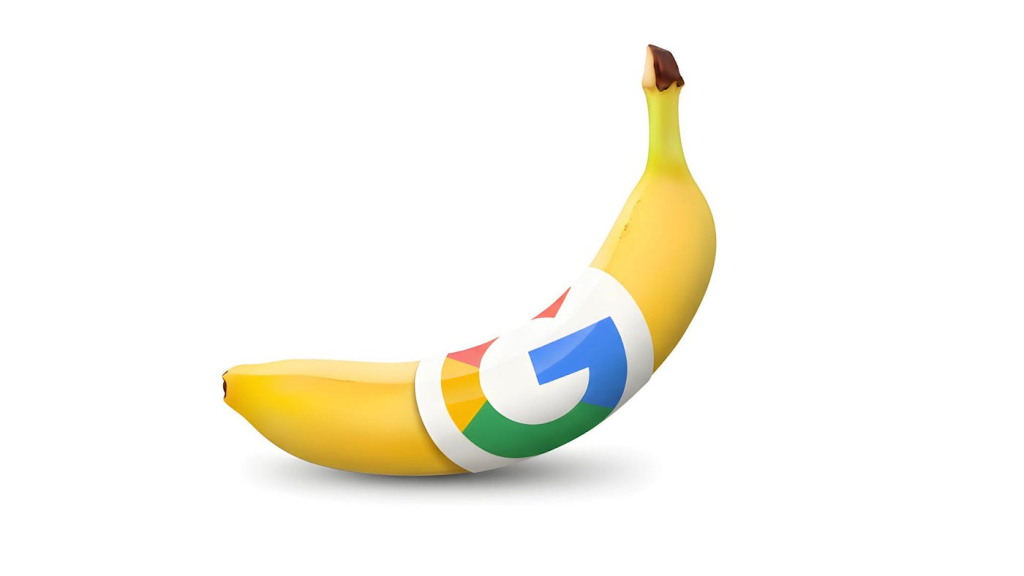Nano Banana: India’s AI Image Craze
The Nano Banana feature in Google’s Gemini AI app has become a viral sensation, especially in India—its largest market. Users flood social media channels with AI-edited photos, creating 3D figurines, vintage-style portraits, and surreal content effortlessly. This new wave of AI creativity enables anyone to craft eye-catching images in under 30 seconds, profoundly reshaping digital art and social sharing.
India’s enthusiasm for Nano Banana has propelled the Gemini app to the top of free app charts across Google Play and Apple’s App Store, further boosting its popularity.
How to Identify Nano Banana AI Images on Social Media
Google has embedded several features to help detect AI-generated pictures from its Gemini tools:
-
Diamond-Shaped Watermark: Every AI image produced by Gemini carries a subtle diamond-shaped watermark resembling the Gemini logo.
-
SynthID: A hidden digital signature embedded within the file enables Google to track AI images, even if reshared or edited. However, this SynthID is not visible to users.
Despite these measures, the watermark can be cropped out, which makes detection challenging. To counter this vulnerability, Google is actively developing a detection system being tested with researchers, aiming to create an easy-to-use tool for the public to verify AI-generated images shortly.

Privacy Concerns and Google’s Position
As AI image usage skyrockets, concerns are mounting about privacy and misuse:
-
Data Usage: When you upload a photo for editing, your images and interaction data are collected by Google. While the company claims data deletion aligns with account settings, specifics on how data is fully managed remain unclear.
-
Consent & Misuse: AI enables generating images of individuals without consent, raising risk of impersonation or defamation.
-
Google’s Defense: Gemini’s product lead, David Sharon, emphasizes fulfilling user queries without guessing intent and advocates responsible use.
Google’s Gemini Apps Privacy Hub encourages transparency but also highlights complexity around AI data protection obligations.
What Does Nano Banana Let You Do?
This AI model enhances creativity by allowing people to:
-
Transform a selfie into a collectible 3D figurine or a vintage portrait.
-
Blend multiple photos to create composite images.
-
Reimagine pets as action figures or fantasy characters.
-
Convert objects or scenes into artistic interpretations like Renaissance paintings or holograms.
-
Add stylistic tweaks such as neon glows, fantasy props, or surreal background elements.
The Future of AI Image Transparency
Google acknowledges current AI image detection methods aren’t foolproof and commits to continuous improvement. The forthcoming detection platform will likely help users navigate the flood of AI content with confidence—a vital step amid growing concerns over misinformation and privacy.
Frequently Asked Questions (FAQ)
What is the Nano Banana feature in Google Gemini?
It is Gemini’s AI-powered image generator and editor, allowing quick creation of 3D figurines, vintage portraits, and other stylized images.
How can you spot AI-generated images from Gemini?
Look for a faint diamond-shaped watermark on images, and know that Google embeds invisible SynthID data to track Gemini AI creations.
Can the watermark be removed?
Yes, watermarks can be cropped out, which is why Google is developing a new AI detection system for public use.
What privacy concerns exist with using Nano Banana?
Uploaded images and data are stored by Google with unclear usage policies, and AI can generate images of people without consent.
What is Google doing about these privacy and misuse issues?
Google states it fulfills user queries without assuming intent and is working with researchers to create AI detection tools for broader transparency.
Google’s Nano Banana, part of the Gemini AI app, is revolutionizing digital creativity, especially in India, with viral AI-generated images that dazzle and inspire. While the technology opens new doors for content creation, it also raises important questions around privacy and authenticity. Google’s watermark and SynthID provide some safeguards, but the evolving nature of AI content calls for enhanced detection tools and greater user awareness.




